|
Its been a couple of weeks, and I'm back. I had to get away for a little vacation. Today I don't have much to talk about, but I do have a lot of images from my getaway to sunny Southern California. Most notably, from my sunset whale cruise. Seeing whales has been on my bucket list, now I finally got to do it. I thought I'd share a few images with you.
0 Comments
Remember when Bilbo Baggins wrote his book, "There and Back Again: A Hobbit's Tale"? Remember when Frodo Baggins wrote the sequel, "The Lord of the Rings?" These heroes wrote their tales after their adventures, not before. Before they could become best-selling authors, they had to do a little living and adventuring first. They couldn't achieve greatness from the Shire's sheltered comfort. Before I picked up a camera, before I went to college, and before I learned to fly, got married, had kids, or did anything of social value or considered adulting, I was a writer. It all started in high school (like most things in our lives) when I wrote a short story about an intelligent and malicious computer (no one said "AI" back then) that almost wipes out humanity by poisoning our food supply. My English teacher, Mrs. Carter (who was one of the most wonderful teachers that ever was) thought I should enter it in a statewide contest. I did, and won. I don't know how, because reading it now makes me cringe. Unfortunately, I never seriously picked up the pen again for almost 30 years. The boy became a man and other diversions caught my attention, and set my life path. It occurred to be this weekend that not writing for 30 years may have been a blessing. It may have saved my writing style from irreparable damage. Let me explain. In a recent episode of the Youtube film channel "The Critical Drinker," the Drinker and his panel of influencer/critics asked this question: "Why can't Hollywood create anything good anymore?" Specifically, the roundtable asked this question in context of Amazon's new "Rings of Power" series. Rings of Power is an epic fantasy series loosely (and I mean loosely) based on J.R.R. Tolkien's "Silmarillion." Perhaps the most interesting answer to this question, and in my view the most accurate, came from the Youtuber "The Little Platoon." "There's a lot of it that has to do with class, comfort and experience, if you compare Tolkien's life experience, for example, with the writers who created Rings of Power. You could do the same thing with any product written in the 40, or 50s, or 60s, or any film made in the 70s, 80s or even the 90s. Compare those with people today. Back in the day, you had Tolkien living in proximity to a massive world war. Today, you've got people whose principle social gripe is apparently cat-calling and mansplaining. Its just not analogous or in any way comparable...[These writers] don't really understand how characters work because they don't have any character themselves...They're all incredibly comfortable, they've all been educated in the exactly same places with exactly the same mindset. They've had no experiences outside upper-middle class, Silicon Valley-esque kind of culture. And it really shows when they try to imbue characters with struggle and trouble and strife. It doesn't work because they don't understand what these things are. " That's a profound statement, and applies to me. Those "lost to writing" years of my life were essentially me leaving the Shire, and letting my two feet carry me away. I did stuff other than writing. I went "adventuring" so to say. I went to college, worked in private industry, served the military, worked in national intelligence, became an Air Force pilot, served overseas, got married and helped raise three incredible children. I experienced life at its fullest and did things others can only dream of. I've also sailed the seas of heartache, disappointment, failure, success, betrayal, terror, loss, pride, disgrace and faith (just to name a few). Some of my dreams came true, others didn't. God said "yes" to some of my prayers, and "no" to others. In other words, for those 30 years I did stuff. I built character. Without all that stuff, I wouldn't know who I am. Without knowing who I am, I couldn't truly write with any depth. My well of inspiration would be shallow, and my assumptions, prejudices and ego would be much deeper. I'm not saying young people need to live life before they can write well. Absolutely not! Some young people have amassed serious experiences in their short lives. Some young people can tap the experiences of others incredibly well and masterfully transfer it to paper. Some young writers can simply write like the are on fire. However, most can't. In my past job as a submission editor for a book review website, I saw hundreds of books pass over my desk. I can attest that ALL writers suck at some point in their writing career. I might say that young writers suck more, because their suckiness is predictable and often shallow, but that would NOT be a true statement. Saying that young SHELTERED writers suck because their suckiness is predictable and often shallow would be more accurate. I'll take this statement a step farther - older writers who never challenge their own assumptions and personal boundaries suck in the very same way as young, sheltered writers. I think this is where The LIttle Platoon was going with his comment. This blog is really about what makes a sheltered writer, why there are so many, and why they are making lackluster literature and screenplays these days. What do I mean by "sheltered"? That word is at the heart of the matter. The Little Platoon is warm, but just missing the target with his analysis. When I retired from the military in the early 10's, and began my writer's journey, I foolishly tried to pitch my book to traditional publishers. I got the expected results - rejection. That aside, I noticed at almost every agent and publishing house I approached had similar statements on their submission page. They all had requirements like this: "...dedicated to expanding diverse voices and perspectives"..."Our publishing imprints create more ways for more voices to be heard"..."Open submission periods for writers from underrepresented backgrounds have helped make publishing more accessible..." looking for strong female protagonists." In order to get published, one's material, or even the author themselves, had to pass a social/political litmus test. That was over a decade ago. Now, imagine you're a writer back in the early 2000's. You've graduated with a BA , MA or even MFA from a prestigious university and you are desperately trying to get published or sell a screenplay. At every turn, you see these socio/political requirements on prospective agents' and publishers' submission pages. These statements pretty much match what all your college professors and academic culture have drummed into your head. If you want to get published, sell your screen play or get hired you must repeat what you hear in the echo chamber. You have creatively "grown up" sheltered inside this echo chamber and so have all you peers. You have been rewarded for accepting and regurgating the narrative. In fact, adherence to the common narrative supersedes quality. You know of no one with a different world view. Now, after a decade, there is no one left (at least within the sheltered education/publishing/entertainment industry) to offer any alternative, or even to champion quality over narrative. They are gone, weeded out over the course of years. Those who knew what it was like in the "before times" have retired, quit or have been forced out. The young are now surrounded by only those with like-minds. The gatekeepers block, isolate, or expel anyone who doesn't write within the narrative (otherwise known as cancel-culture). Narrative-first scripts and manuscripts litter the landscape. Beyond this sheltered professional community, no one thinks anything is wrong. When these scripts are produced or books are published, they are met with failure in the popular culture beyond the hive-mind. Sometimes it is because of their heavy-handed messaging, but often it is because they are poorly written. Instead of honest introspection, the industry instead attacks those who reject their work. Why? Because that' how they were taught to react from the confines of their sheltered college and activists communities. I think this is where we find ourselves in 2022. For a generation, the academic/media industry alliance has hired, rewarded and groomed writers who pass ideological litmus tests over talent, originality, and work quality. The results are with us now, as can been seen in productions like Rings of Power. The media and publishing industry must begin looking for writers with character, life experiences, and, above all, true talent. Do I think this will happen? No, at least not in my lifetime. The gatekeepers are too strong, and the socio/political groupthink permeates too deeply into colleges and creative industries. I think it's going to take brave, disruptive outsiders to turn things around. Before Bilbo or Frodo could start the path to greatness, they had muster the courage to entertain a different world-view than their fellow hobbits. They had to image a world beyond their comfortable existence, and then have the courage to go there. Sometimes, they needed a "little push out the door." For this, they were often scorned by their fellow hobbits for being "cracked" and "disturbers of the peace." Writers, publishers, and executives, must muster courage in order to break out of the intellectual prisons that are today's entertainment industry. Courage is easier said than done. Consider this: Every time you see a property deconstructed and then re-released in accordance with modern social-political narratives, its sending two messages. The overt message is these classics must be altered to conform to modern sensibilities, like replacing traditional characters with ones that represent a different racial, gender or sexual-orientations than originally written. The unspoken, and darker message is this: These classics are unacceptable. Furthermore, if someone tries to publish or produce something similar today, it will not be accepted by the cultural gatekeepers. Anything that does not conform to the narrative will be cancelled, altered, or ignored. Those writers who lack the insight and wisdom often taught by life experience may not pick up on these messages. They will often only strive to produced that which is rewarded. Those who draw outside the lines, yet lack understanding, will become frustrated as their works are passed over for what may very well be inferior work. And so the creative pool becomes shallower, and the work tepid, bland and predictable. It isn't just the life experience of modern writers that's created this situation, but the creative environment they have been educated and began their careers within. They aren't just sheltered, but confined in a creative gulag of which they may not even be aware or, even worse, lack the courage to challenge. It is a creative desert, a wasteland of narrative over talent. This is where we are. This is why Hollywood, and many corporate creative industries, can't produce anything good anymore. This message is for all those writers living outside the gulag or trapped in it, trying to get noticed and published without compromising their creative vision to conform to the narrative. Keep writing. Don't compromise your work to meet a litmus test that doesn't match your vision or values. Keep living your life, amassing experiences, and building character. Get out of the hobbit hole. Step out of your front door and let your feet carry you away. Find people very different from yourself, especially intellectually, and go adventuring with them. When it is all said and done, sit down in your hobbit hole again with pen and paper, and create something truly magical. #thecriticaldrinker #thelittleplatoon #ringsofpower #filmcritic #writing 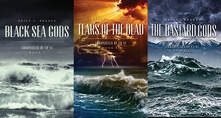 If you enjoyed this blog, please like the post and leave a comment or if you're feeling brave, share it on social media. This platform is my entire advertising budget and is how I share the word about my books. Also visit my Facebook, my author page and check out my epic fantasy novels available on Amazon. 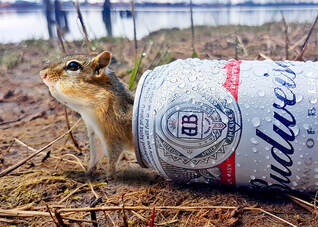 Cleatus the Redneck Chipmunk was spotted this morning in Opp, Alabama. He saw his shadow. Cleatus the Redneck Chipmunk was spotted this morning in Opp, Alabama. He saw his shadow. Every February 2nd in Punxsutawawney Pennsylvania, Phil the Groundhog pops out of his den. If he sees his shadow, there will be six more weeks of winter. In South Alabama, we have Cleatus The Redneck Chipmunk. Each Labor Day, he pops out of his beer can and, if he sees his shadow, it's six more weeks of summer. Hint: Cleatus always sees his shadow. Regardless of what Cleatus saw, or the fact that summer doesn't officially end until September 22nd, or it doesn't get cool down here until mid-October, summer culturally is over. Amid sweltering humidity and heat, autumn's rituals have begun, and that's what really matters to me. Personally, Labor Day is more like New Years Day than January 1st. For me, 2023 has already started. New Year's Day doesn't feel like the start of something new to me. In fact, it sucks. It lies deep in the heart of winter. December and January blur together in a gray morass. In January, you have only more work, school and winter to look forward to. Spring is still so far away. Other than the holidays to break life's routine, nothing else changes before or after New Years Day. For the kids, school simply resumes where it left off. For adults, work remains the same as before but now we're more in debt following Christmas. It was cold before, and will be cold after. The last digit on the calendar changes, but life still has the same flavor until spring arrives. There has been no significant transition, except perhaps taking down the Christmas tree. Labor Day is far different. Everything changes after Labor Day. In American life, this is the point our lifecycles reset. The Autumn Equinox is invigorating, as compared to the endless deadness of the Winter Solstice. You feel fall with every sense. Depending where you live, the very air seems to come alive with crispness, coolness, and fresh smells. Change imprints memories. You remember September, but January is a blur. I know I'm not the only one who feels this way. Go Google songs about September, and then songs about January. September songs - classics! January songs - not so much. September is a season of change. School has begun for the kids, but they are not the same kids that left school only a few months earlier. They are different: a new grade, older, and physically different than last year. Maybe new clothes and a new attitude (good or bad). Maybe new acne and an attraction to the opposite sex. High schoolers have become college kids, or working adults. No matter that age they are, they've undergone a metamorphosis. A transition has taken place, one you likely captured with a photo on the first day of school. In fact, go back and look at your family photos and you'll probably realize that most of them were taken from September through December. In September there are so many things to look forward to! Fall festivals are everywhere. September is a season for planning, and looking forward to the coming weeks. High school football reigns under the Friday night lights. College and pro football has gotten underway. Hunting seasons replace fishing. People begin to draw up Halloween plans, and wonder what costume they will wear. People start making their travel plans for Thanksgiving. Wal-Mart is replacing pool supplies with Christmas supplies, and many of us will begin our holiday shopping. For me, I call this the beginning of "attic season", where I begin taking decorations out of the attic. All of those decorations are put away after New Year, which signals more of an end than a new beginning. So begins the season of phone calls that end with "What are we doing?" and "When will you get here?" and "I can't wait to see you again!" New Years Day, on the other hand, is a time for phrases like, "Be careful driving home" and "When will we see you again?" and "I'll miss you" and "My diet starts tomorrow." New Years Day is a bittersweet time of endings, goodbyes, and putting things away in the attic, and knowing I have to go back to work the next day. Simply put, New Years Day makes me feel older because it compels me to look back. Labor Day signals new beginnings, transitions, renewal, revelry, reunion, family, thanksgiving, and worship that all culminates on New Year's Day. For me, Labor Day isn't the end of summer so much as it is truly the beginning of a new year in my life. Labor Day makes me feel younger because it compels me to look ahead. So, for those that feel the way I do, let's raise a toast to Cleatus as he crawls back into his beer can. Happy New Year, everyone. 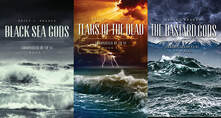 If you enjoyed this blog, please like the post and leave a comment or if you're feeling brave, share it on social media. This platform is my entire advertising budget and is how I share the word about my books. Also visit my Facebook, my author page and check out my epic fantasy novels available on Amazon. |
Archives
July 2023
Categories
All
|
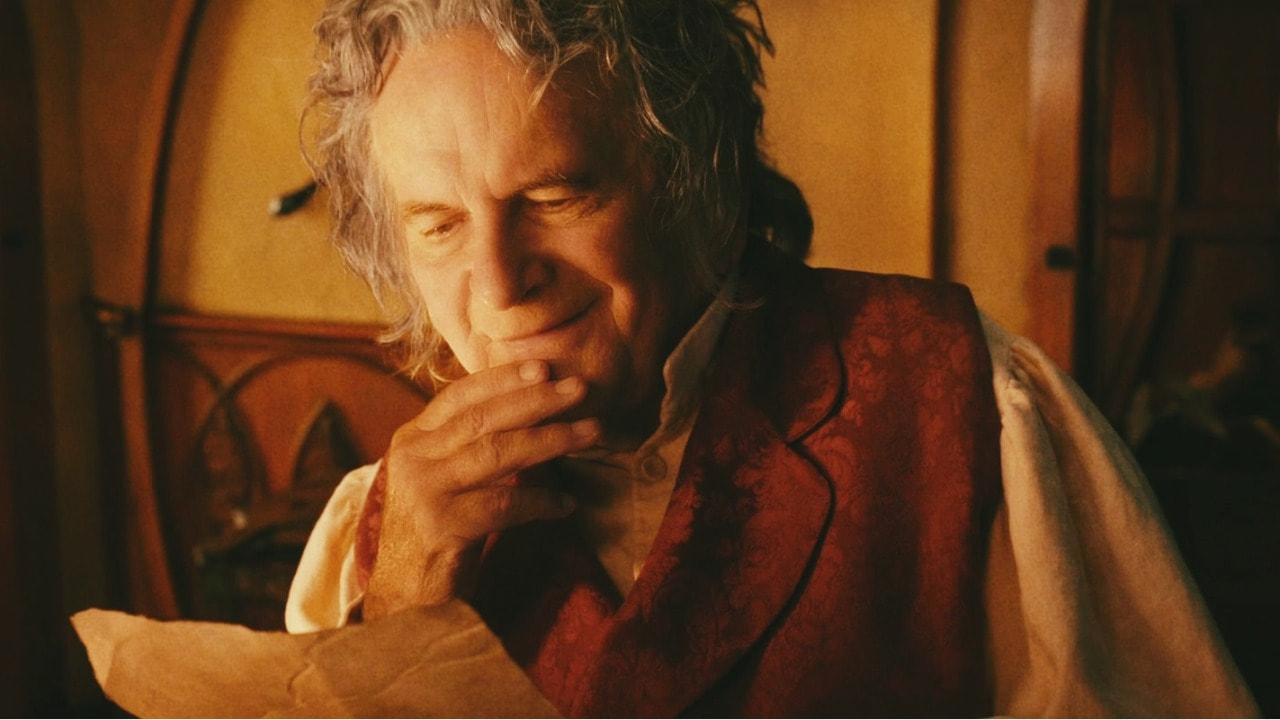
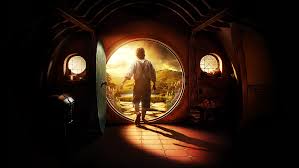
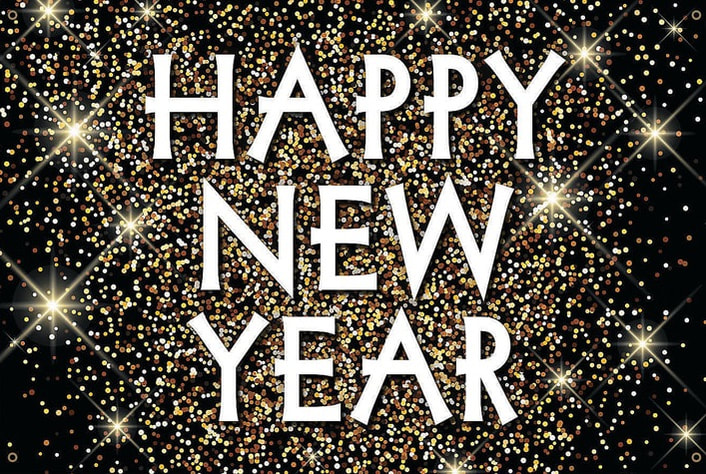
 RSS Feed
RSS Feed